Discretionary Local Authority Grant Funding
Local authorities have received additional funding from the Government to assist businesses not eligible for cash grants under the Small Business Grant Fund (SBGF) https://www.gov.uk/guidance/check-if-youre-eligible-for-the-coronavirus-small-business-grant-fund, the Retail, Hospitality and Leisure Grant Fund (RHLGF) https://www.gov.uk/government/publications/coronavirus-covid-19-guidance-on-business-support-grant-funding or other targeted funds, for example for fisheries. Under the discretionary grant funding scheme, eligible businesses are able to apply for grants to the value of £25,000, £10,000 or any amount up to £10,000.
Eligibility
To be eligible, a business must have been trading on 11 March 2020 and be located in England. Guidance from the Government indicates that priority will be given to businesses:
- with high ongoing fixed property-related costs;
- occupying property or part of a property with a rateable value or annual mortgage/rental payments below £51,000;
- which can demonstrate Covid-19 has had a significant impact on business.
A ‘significant impact’ means the business has suffered a minimum 40% fall in income owing to Covid-19, although it is not clear over which period this is measured.
The following business activities will be given further priority:
- small businesses in shared offices or other flexible workspaces, such as units in industrial parks or incubators;
- regular market traders;
- B&Bs paying council tax rather than business rates; or
- Charity properties getting charitable business rates relief and not eligible for small business rates relief or rural rate relief.
The scheme is primarily aimed at small and micro businesses, meaning those meeting two turnover of the following criteria:
- Turnover of no more than £10.2 million;
- Balance sheet total no more than £5.1 million;
- 50 or fewer employees (full time equivalent).
Eligibility for a discretionary grant is unaffected by claims under the Job Retention Scheme, Self employment income support scheme or any of the Covid-19 business loan schemes. The discretionary grant forms part of a business’s taxable income for the year in which it is received.
The grant appears to be per business, and not per property so multiple site businesses will only be eligible for a single grant.
State Aid
As with grants under the SBFT and RHLGT, a discretionary grant represents state aid. For many small businesses, the grant will fall within the de minimis state aid permitted over a three year period of €200,000, however, care will ned to be taken by businesses in receipt of other state aid, such as R&D relief. If a business has reached the de minimis threshold, the business may still be eligible under the Covid-19 Temporary Framework, which applies a higher state aid threshold €800,000.
How to Apply
Applications for a discretionary grant can be made by visiting the website of the local authority for the area in which the business is principally based. The closing deadline for the first round of applications is 22 June 2020. Applicants will need to complete a declaration that the relevant state aid threshold will not be breached. If the Covid-19 Temporary Framework applies, the applicant will also need to confirm that the business was not an undertaking in difficulty on 31 December 2019.
If you have any questions, please get in touch with your usual Newby Castleman LLP contact.
